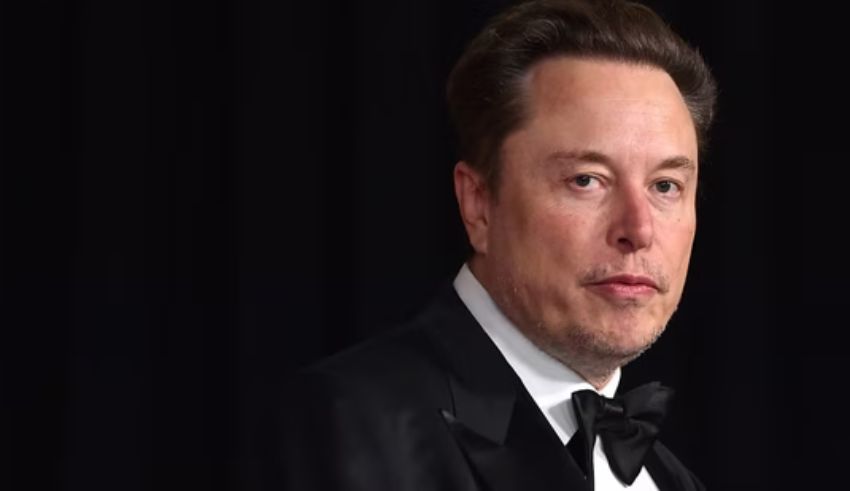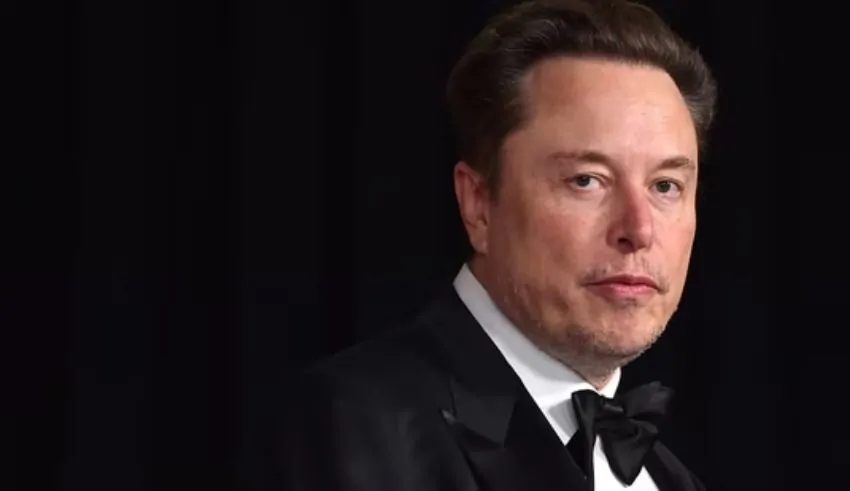

(C) Elon Musk
Renowned businessman Elon Musk, operating Tesla, SpaceX, and other creative projects, has talked about the dropping birth rates in Singapore and mentioned they point to “extinction” for the island nation. His comments in reaction to X (previously Twitter) personality Mario Nawfal’s tweet have spurred fresh debates on the demographic issues developing nations—especially East Asia—face.
Referring to Singapore’s alarming low of 0.97 in 2023, Musk’s strong comment highlighted the country’s “baby crisis.” The Total Fertility Rate (TFR) has for the first time dipped below 1.0, much below the replacement level of 2.1 children per woman. Musk’s remark has sparked discussions on whether immigration laws, technological advancement, or maybe both might help countries whose birth rates are declining in the future.
Once well-known for its fast-growing economy and good quality of living, Singapore is undergoing a demographic change endangering its long-term stability and development. The TFR for the nation has been declining lately; 2023 will show a historic low of 0.97. Singaporean women are thus having less than one kid on average; should this tendency not be reversed, population and workforce could suffer. The decision of more women in their prime reproductive years to remain single or postpone marriage and parenthood mostly determines the drop in societal expectations.
Government statistics reveal that women in their 20s have drastically lowered their marital fertility rate, which helps to explain about 32% of the total TFR drop. For this group, reproduction rates dropped drastically between 1990 and 2005; yet, there was a minor comeback in 2023. Notwithstanding this little comeback, generally the trend shows Singapore headed toward a future with an aging population and less children.
Immigration is one fix Singapore has considered. By means of its open-door policy and friendly approach toward foreign knowledge, the country has aimed to increase its population with a flood of immigrants and citizens. This has guaranteed the ongoing stability of its economy and helped to mitigate the consequences of dropping birth rates by keeping a continuous workforce.
Immigration does not completely solve the fundamental low birth rate problem even if it helps to offset part of the population loss. Critics contend that depending too much on immigration can cause societal issues since many immigrants consume public resources and alter the social fabric of the country. Moreover, there are questions regarding the long-term viability of this approach, particularly in view of similar demographic problems afflicting more developed nations globally, which can cause worldwide talent competition.
Always cutting edge technologically, Musk has claimed that robotics could be a major answer for similar issues like diminishing reproduction rates. Mario Nawfal’s Newsweek article claims that with 770 industrial robots per 10,000 people, Singapore ranks second worldwide in robot density. This technical competence allows the nation to overcome worker shortages, especially in industries with high labor costs like manufacturing, therefore reducing their impact.
Especially Tesla, Musk’s own businesses are significantly funding humanoid robots created for dangerous and monotonous jobs. In many different industries, these robots are meant to increase output and replace human labor, therefore lessening part of the burden resulting from an aging population and declining workforce. Although they might not be able to entirely replace human workers, robots surely help to close the labor gap and guarantee that important sectors remain running smoothly.
Reactions to Musk’s remarks have been quite patchy on social media and other platforms. Some have supported his point of view, stressing the need of technological innovation to solve labor shortages and guarantee the continuous economic growth of nations having dropping birth rates. Others have pointed out that even if immigration and technology might help temporarily, they do not address the fundamental social and economic issues causing low birth rates.
Among Singaporeans, rising living expenses, property affordability, and financial uncertainty are particularly cited as main difficulties starting or growing a family. Many young people are deciding to postpone or forego having children totally under the weight of maintaining a good quality of living and giving their children a safe future. In response, some analysts contend that given these economic concerns, technology solutions and immigration rules should take front stage.
Not uncommon is the fertility crisis Singapore faces. Similar demographic issues occur in many affluent nations, particularly in East Asia and Europe. Low birth rates and elderly populations affecting nations such Italy, South Korea, and Japan test long-term social welfare systems and economic viability. From changes in immigration laws and robotics research to extended parental leave and financial incentives for families to offset the effects of demographic decline, these nations are using a variety of policies.
Low birth rates also beg important issues regarding the direction of labor and employment coming forward. The need of a younger workforce to assist the elderly and sustain economic output becomes even more important as populations get older. While some analysts contend that artificial intelligence and automation could be major causes of employment shortages, others caution that these technologies could aggravate already existing inequality and offer fresh issues for society.
Elon Musk’s remarks on Singapore’s reproduction rates have drawn attention to a crucial problem many rich countries nowadays deal with. Although immigration laws and robotics might help to solve the immediate problems stemming from dropping birth rates, experts concur that a multi-pronged approach is required to guarantee the long-term existence of nations such as Singapore. This addresses enabling technologies to increase productivity, reducing financial obstacles to births, and ensuring social services stay flexible enough to suit evolving demographic reality.
It is quite evident as the worldwide reproduction problem develops that no one answer will be enough. Rather, governments and society have to endeavor to create policies promoting family life, economic advancement, and use of technology to secure a rich and sustainable future for everybody.
BLACKPINK's Lisa Declines to Perform at Miss Universe 2025 BLACKPINK's Lisa, who recently stole the limelight at the 2025 Coachella…
Japan's long-standing auto manufacturer Toyota has now officially partnered with Waymo, a U.S. company in the business of self-driving technologies,…
Malaysia Airlines' service expansion to Australia involves the deployment of modern Airbus A330neo aircraft with private business class suites that…
According to state media KCNA, On Wednesday North Korea conducted its first test-firing of the recently displayed “Choe Hyon-class” warship…
Samsung Electronics released a robust set of first-quarter results today, driven by strong smartphone sales particularly with its new Galaxy…
HYCO1 and Malaysia LNG (MLNG) teamed up through a memorandum to establish a revolutionary carbon capture and utilization plant in…
This website uses cookies.
Read More